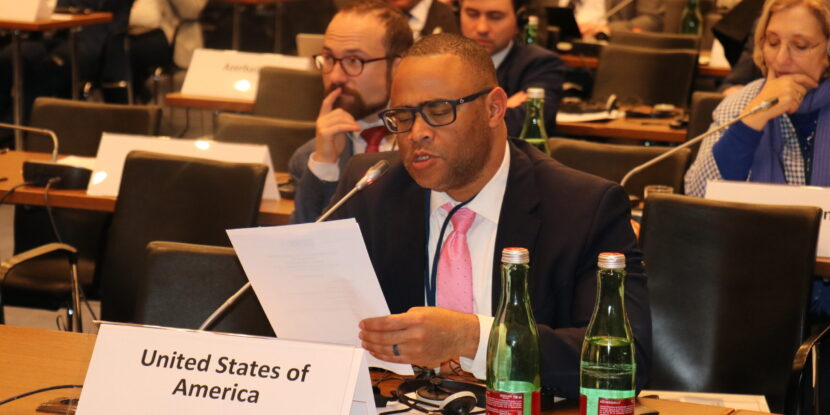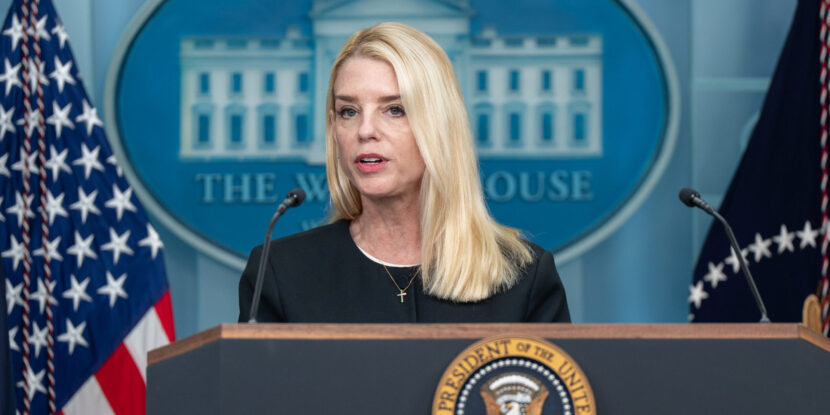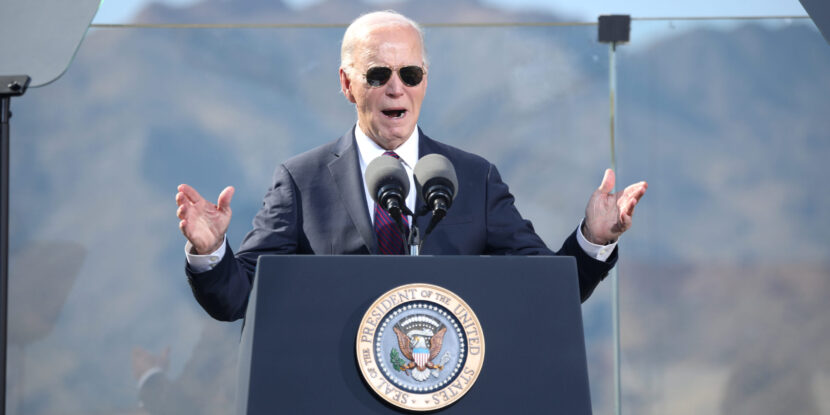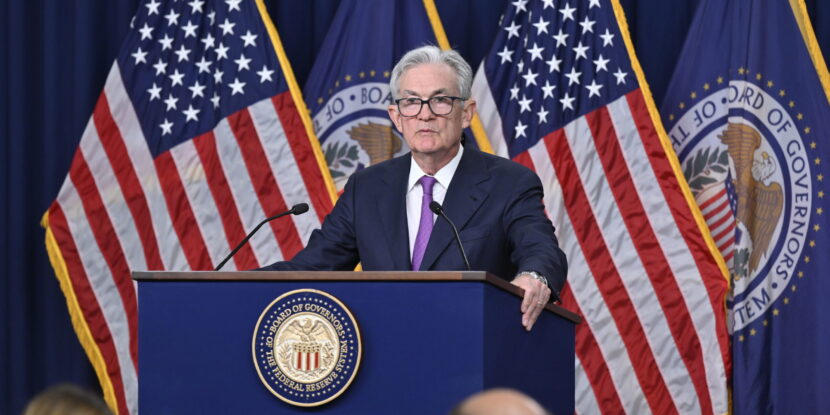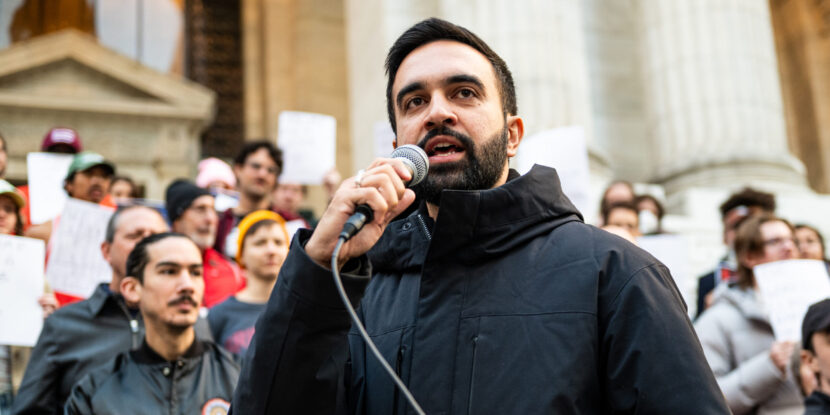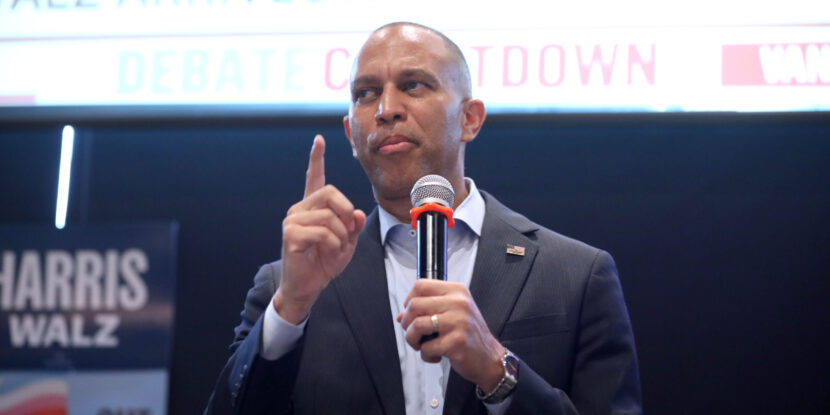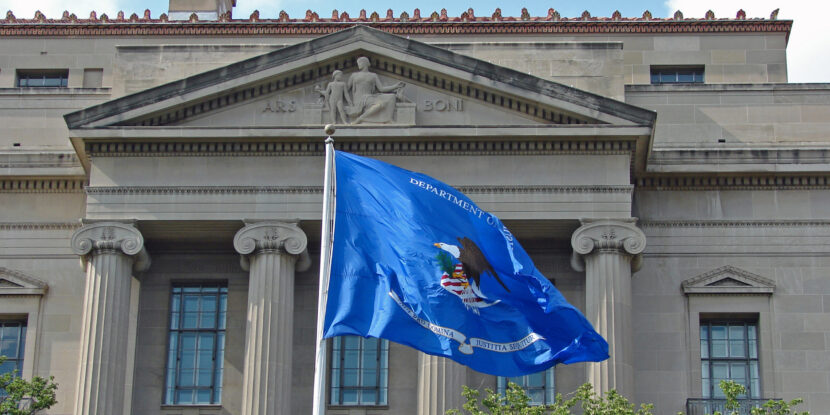❓WHAT HAPPENED: Democratic lawmakers are pushing for the release of all Jeffrey Epstein-related files—despite failing to do so under Joe Biden—exploiting debate and division within the Republican Party following Attorney General Pam Bondi’s apparent mishandling of the pedophile financier’s case.
👤WHO WAS INVOLVED: House Democrats, Attorney General Pam Bondi, and President Donald J. Trump.
📍WHEN & WHERE: The Democrats’ maneuvers have unfolded over the past week, with comments appearing on platforms such as X (formerly Twitter).
💬KEY QUOTE: “LET PAM BONDI DO HER JOB – SHE’S GREAT! The 2020 Election was Rigged and Stolen, and they tried to do the same thing in 2024 – That’s what she is looking into as AG, and much more.” – Donald Trump
🎯IMPACT: The Epstein issue has deepened divisions within the GOP and provided Democrats with a political opportunity to undermine the Trump administration.
Democratic lawmakers are ramping up calls for the release of all files related to Jeffrey Epstein—despite having little interest in the deceased pedophile financier’s case when Joe Biden was in office—and accusing the Trump administration of withholding information. Rep. Marc Veasey (D-TX) announced plans to file a resolution demanding the release of the files, stating on X: “Either [President Donald J. Trump] and his acolytes fueled the rumors of the significance of these Epstein files to help his campaign, or something is there! Put up or Shut up!”
Rep. Ro Khanna (D-CA) also took up the issue, writing, “Why are the Epstein files still hidden? Who are the rich & powerful being protected? On Tuesday, I’m introducing an amendment to force a vote demanding the FULL Epstein files be released to the public.” Meanwhile, Rep. Alexandria Ocasio-Cortez (D-NY) stirred controversy by suggesting past allegations against Trump were complicating the matter.
Senator Jon Ossoff (D-GA), who is running for re-election, chimed in, “[Trump] promised to release the Epstein files. Did anyone really think the sexual predator president who used to party with Jeffrey Epstein was going to release the Epstein files?” Ossoff said during a campaign event, referring to E. Jean Carroll’s contested allegations against the America First leader.
Conservatives are divided over the issue, with some, like WarRoom host Stephen K. Bannon and investigative reporter Laura Loomer, accusing Attorney General Pam Bondi of mishandling the case, while others, including Trump, defend her. “LET PAM BONDI DO HER JOB – SHE’S GREAT! The 2020 Election was Rigged and Stolen, and they tried to do the same thing in 2024 – That’s what she is looking into as AG, and much more,” he stated on his Truth Social platform.
Join Pulse+ to comment below, and receive exclusive e-mail analyses.
